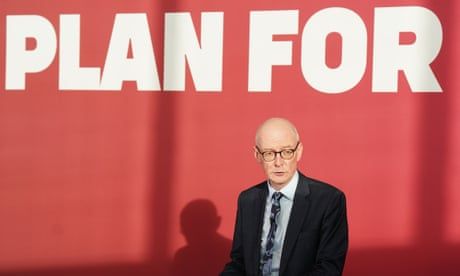
When an insecure government borrows credibility from business leaders, a lot can go wrong
A new government, anxious over economic policy and fretful about its polling, invites business leaders to whip Whitehall into shape. That was Rachel Reeves, ordering ministers a few days ago to submit their spending plans to corporate executives. Among those wielding an “iron fist against waste” will be former bankers from Lloyds and Barclays. But it was also David Cameron in the summer of 2010, bringing in Sir Philip Green as his efficiency guru.
From day one, Sir Philip’s appointment raised eyebrows. Just weeks before the general election, the “king of the high street” had endorsed the Tories to be the next government; now he too was part of it. Besides, what right did a billionaire have to audit public spending with so many questions over his own tax affairs? Certainly, the review produced by the businessman, taking all of two months and 33 pages, won’t take much space in his biographies, nor will it rank among Lord Cameron’s high points. The entire thing was a stunt, a cheap headline-grabber with a disastrous choice of frontman, given Sir Philip’s role in the collapse of BHS, hollowing out its pension scheme, and the vote by MPs to strip him of his knighthood.
Continue reading...